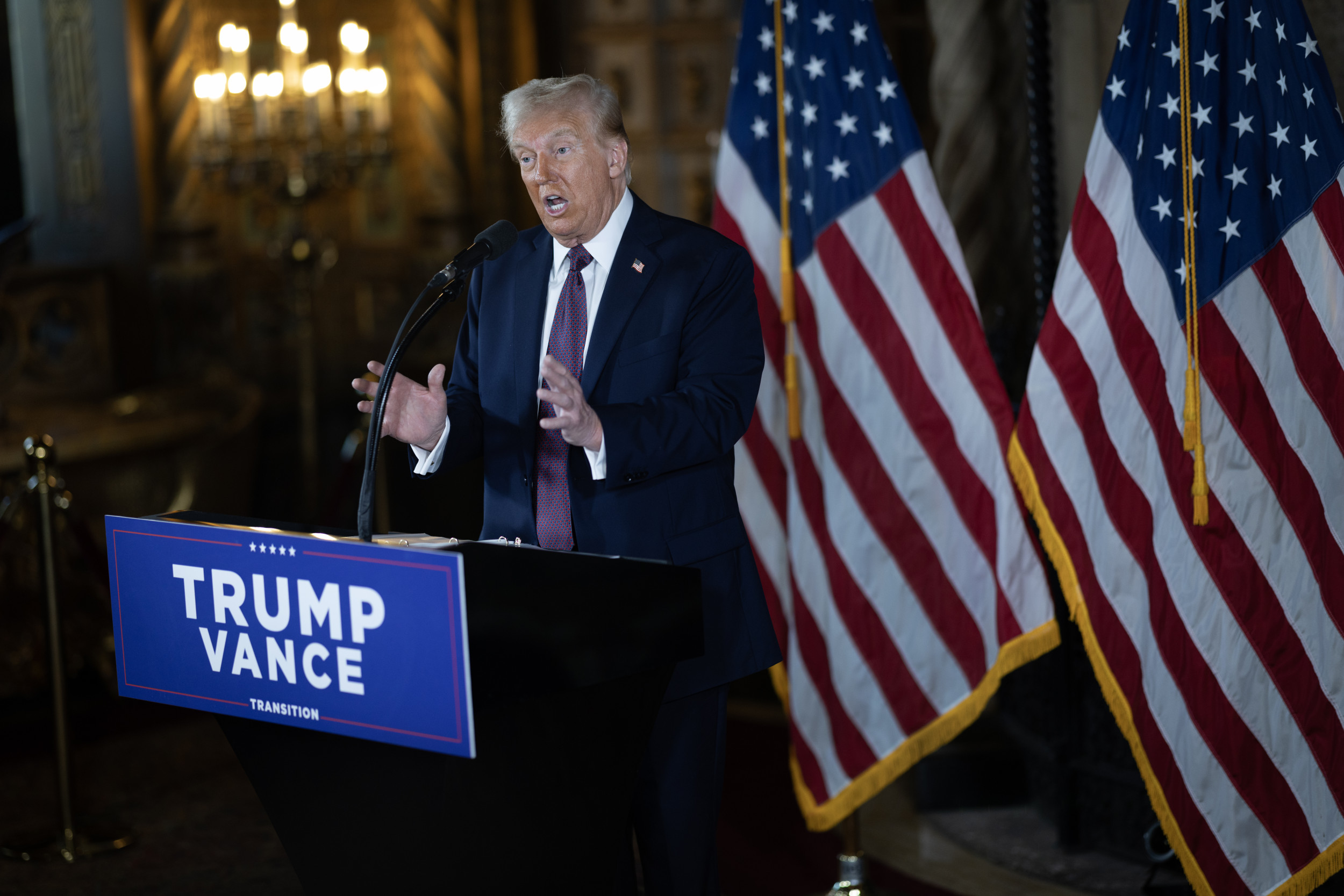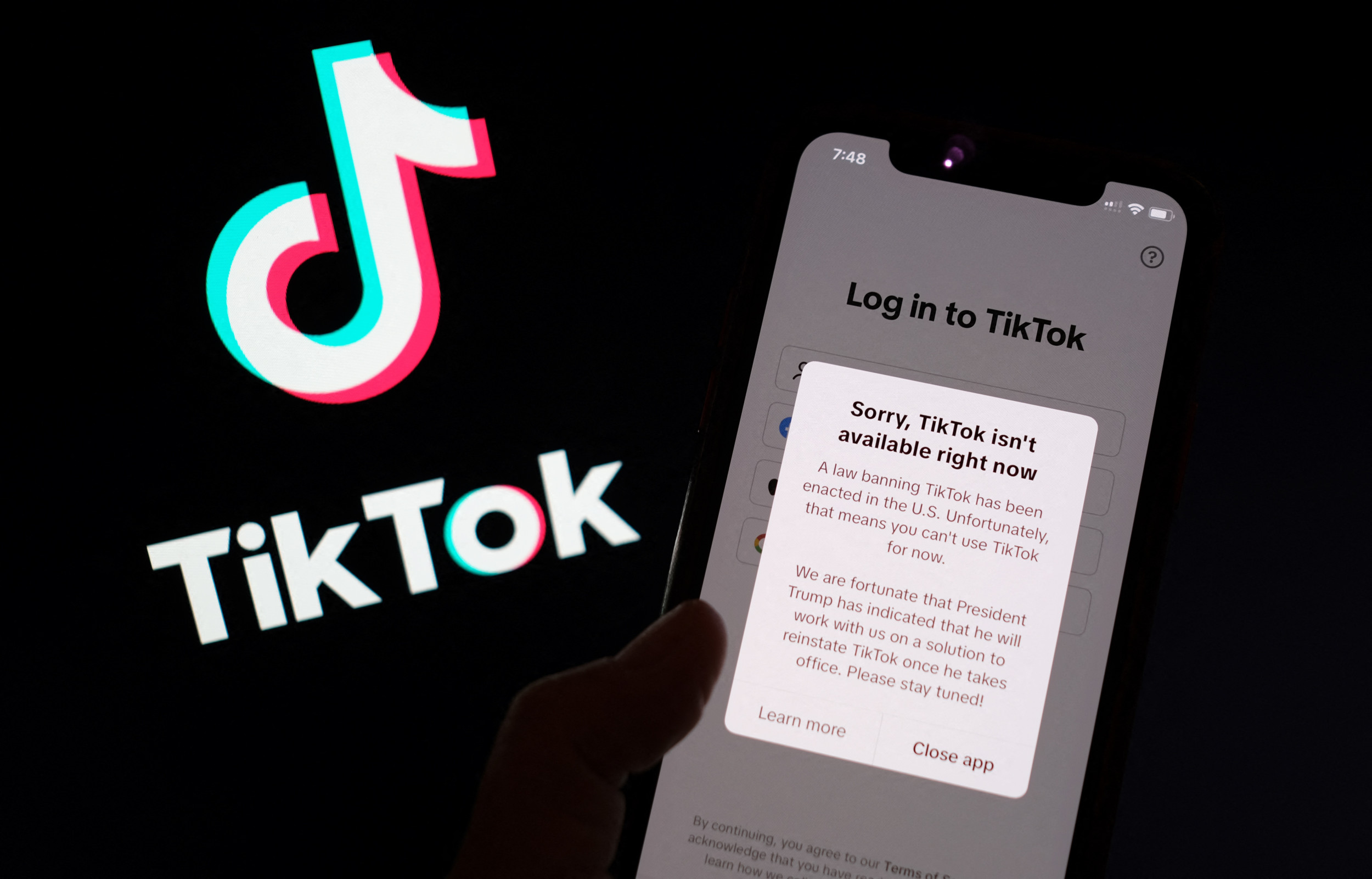At the beginning of 2025, many people will be thinking about their career goals for the year, perhaps a promotion or a new job. An exclusive poll for Newsweek has revealed what the future of work looks like for this year.
The poll, conducted by Talker Research, asked 1,000 U.S. adults about their employment status for 2025, and where they will work—including an office, home or hybrid.
The data, which was collected between December 23 and 30, shows that 70 percent of employed Americans work full time, 17 percent work part time and 13 percent are self-employed. Men are more likely to work full time than women, with 76 percent to 64 percent.
Millennials (people born between 1981 and 1996) are the most likely generation to work full time, with 77 percent, followed by Generation X (those born between 1965 and 1980). Perhaps unsurprisingly, Gen Z (people born between 1997 and 2012) and the silent generation (people born between 1928 and 1945) are the least likely to work full time.

Instead, part-time employment was favored most by the silent generation, with 67 percent.
Respondents were also asked about their work environment for the year.
Despite a global shift toward remote working during the COVID-19 pandemic, the survey showed that 57 percent of Americans work in an office, whereas 24 percent work from home. Additionally, 18 percent have a hybrid arrangement, meaning they spend some days in the office and some at home.
While the results were fairly even across the generations, working from home is more popular with the silent generation at 33 percent, followed by Gen Z at 28 percent, while 63 percent baby boomers (people born between 1946 to 1964) plan to work in an office in 2025.
Millennials and Gen Z were matched evenly, with 55 percent of both age groups working in an office, while 16 percent of Gen Z and 19 percent of millennials have a hybrid arrangement.
What Is The Future Of Work For 2025?
With constantly shifting trends, Tamanna Ramesh, founder of Spark Careers, told Newsweek that the best workplaces in 2025 will be defined by "flexibility and adaptability." She suggested that employers must be aware of the diverse needs of their staff and provide them with tailored approaches to get the best out of them.
"Gen Z and the silent generation favor remote work, but for different reasons," Ramesh said. "Younger workers value flexibility and work-life integration, while older workers appreciate reduced commutes and comfort. This highlights the need for customized workplace policies over one-size-fits-all approaches."
As a leading career coach, Ramesh said that employers should favor results above presence in an office setting. They should move with the "cultural shift" that prioritizes well-being and moves away from burnout.
In her view, companies with rigid policies risk a higher turnover of staff, especially among younger employees. For that reason, she highlights the importance of hybrid options.
"Conversely, organizations embracing hybrid or remote-first models are better positioned to attract and retain top talent," Ramesh said. "By 2025, hybrid work will likely dominate, with flexibility as a key competitive advantage."
This random double-opt-in survey was conducted by market research company Talker Research, whose team members are members of the Market Research Society (MRS) and the European Society for Opinion and Marketing Research (ESOMAR).




















 English (US) ·
English (US) ·